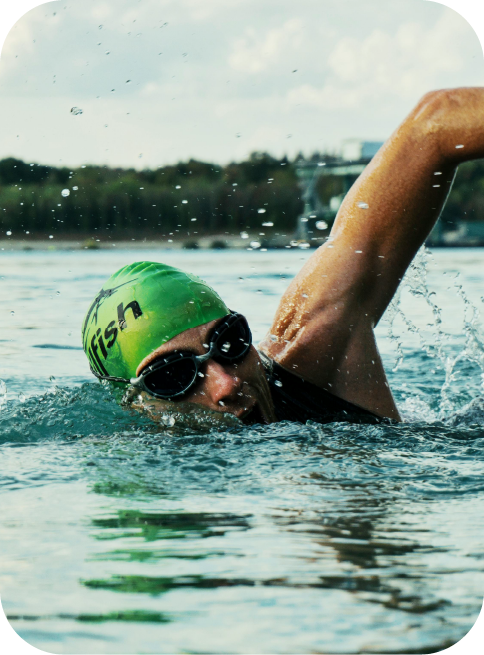
The Hydration-Cramp Connect: Why Swimmers Need to Drink Smarter
Share
Swimmers are no strangers to the importance of hydration. Whether you're a competitive athlete or a casual swimmer, staying properly hydrated is key to performance and overall health. But did you know that proper hydration can also help prevent those dreaded muscle cramps? Let's dive into the science behind the hydration-cramp connection and why swimmers need to drink smarter.
Understanding Muscle Cramps
Muscle cramps are involuntary contractions of one or more muscles and can range from mildly uncomfortable to extremely painful. While the exact cause of muscle cramps is not fully understood, dehydration and electrolyte imbalances are known to play a significant role. When you swim, your body loses fluids through sweat, leading to dehydration if not properly replenished. This dehydration can disrupt the balance of electrolytes in your muscles, making them more prone to cramping.
The Role of Hydration
Proper hydration is essential for swimmers to maintain optimal performance and prevent muscle cramps. When you're well-hydrated, your body can effectively regulate its temperature, transport nutrients, and remove waste products. For swimmers, staying hydrated is even more critical due to the unique environment of the pool, where the combination of water and physical exertion can lead to increased fluid loss.
How to Drink Smarter
So, how can swimmers drink smarter to prevent cramps and enhance their performance in the water? The key is to hydrate consistently throughout the day, not just during your swim sessions. Start by drinking water when you wake up and continue to sip on fluids throughout the day. During your swim, be sure to hydrate with water or sports drinks to replenish lost fluids and electrolytes.
It's also important to listen to your body and drink according to your individual needs. Factors such as sweat rate, exercise intensity, and environmental conditions can all impact your hydration requirements. By staying attuned to your body's signals and adjusting your fluid intake accordingly, you can help prevent dehydration and reduce the risk of muscle cramps.
The Bottom Line
In conclusion, the hydration-cramp connection is a crucial consideration for swimmers looking to optimize their performance and stay healthy in the water. By prioritizing proper hydration, swimmers can reduce the risk of muscle cramps, improve their endurance, and enhance their overall swimming experience. So, next time you hit the pool, remember to drink smarter and keep those cramps at bay!
